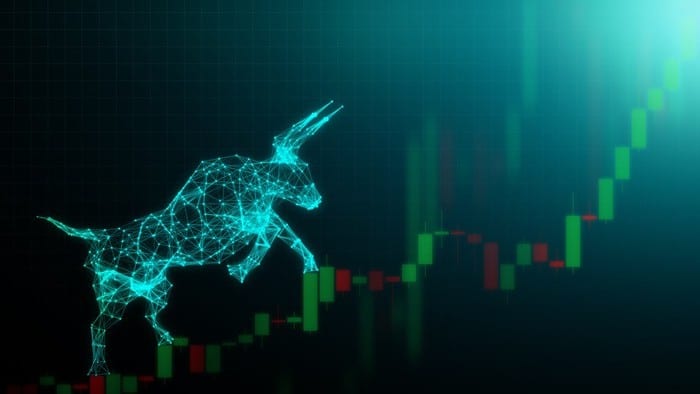This article was originally published on Fool.com. All figures quoted in US dollars unless otherwise stated.
The digital advertising market will recover sooner than many investors currently expect -- and Facebook (NASDAQ: FB) stands to profit handsomely.
So says Baird analyst Colin Sebastian. On Thursday, Sebastian reiterated his "Outperform" rating on Facebook's stock and boosted his target price from $240 to $300. His new target represents potential gains of 27% for investors, based on Facebook's current share price of $236.
Baird analyst Colin Sebastian says Facebook's stock has plenty of upside.
The digital ad market slumped during the early stages of the coronavirus pandemic, when many companies pulled back on their marketing investments. However, with the U.S. and many other countries now working to reopen their economies, Sebastian says advertisers are beginning to ramp up their spending on Facebook and other ad platforms.
"Our latest checks with agencies and advertisers suggest the gradual recovery in digital ad spending continues, benefiting from high user engagement and improving pricing," Sebastian said.
Moreover, Sebastian believes the digital ad market will benefit as many businesses shift their operations online at an accelerated pace, due to the COVID-19 crisis.
"While still a far cry from the amazing and historic growth levels in e-commerce, the digital ad market likely emerges stronger from the current environment, and large platforms such as Facebook are well-positioned to capitalize on these trends longer term," he said.
Is Facebook's stock headed to $300?
Yes, I believe it is. Sebastian's arguments are spot on. Digital ad spending should recover along with the economy, and Facebook stands to benefit from this perhaps more than any other company.
More importantly, a coronavirus-related acceleration in the growth of e-commerce and online entertainment should fuel demand for digital advertising -- and, by extension, Facebook's sales and profits -- over the long term. Thus, it's likely only a matter of time before the social media titan's stock price surpasses $300 -- and it could happen much sooner than many investors currently expect.
This article was originally published on Fool.com. All figures quoted in US dollars unless otherwise stated.









